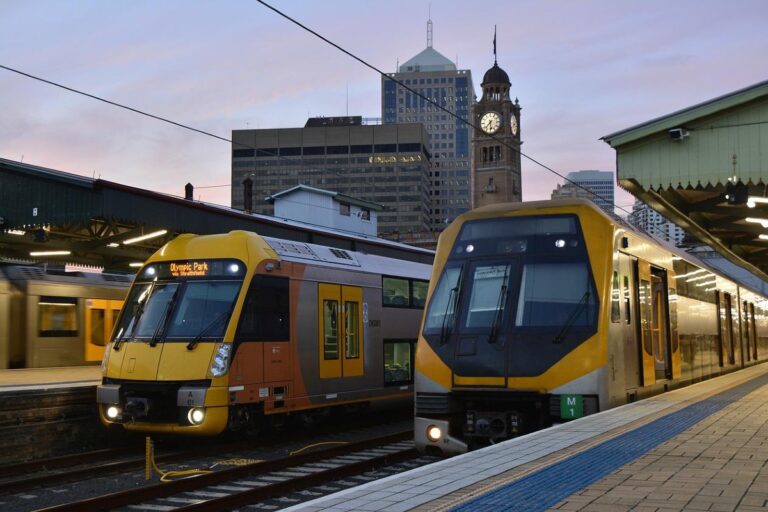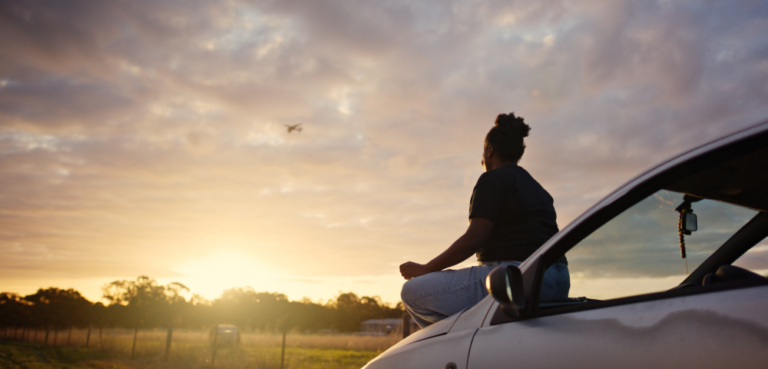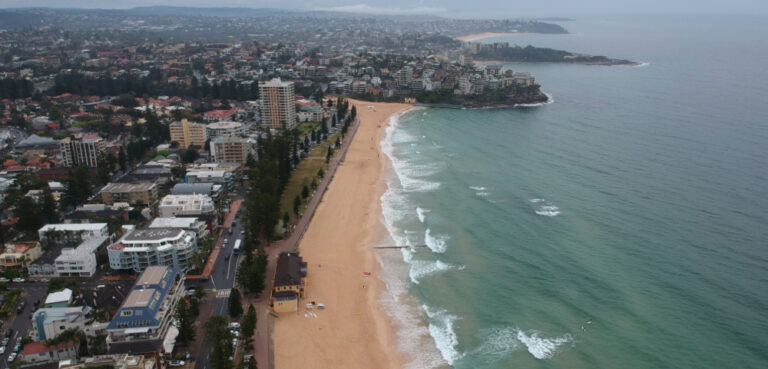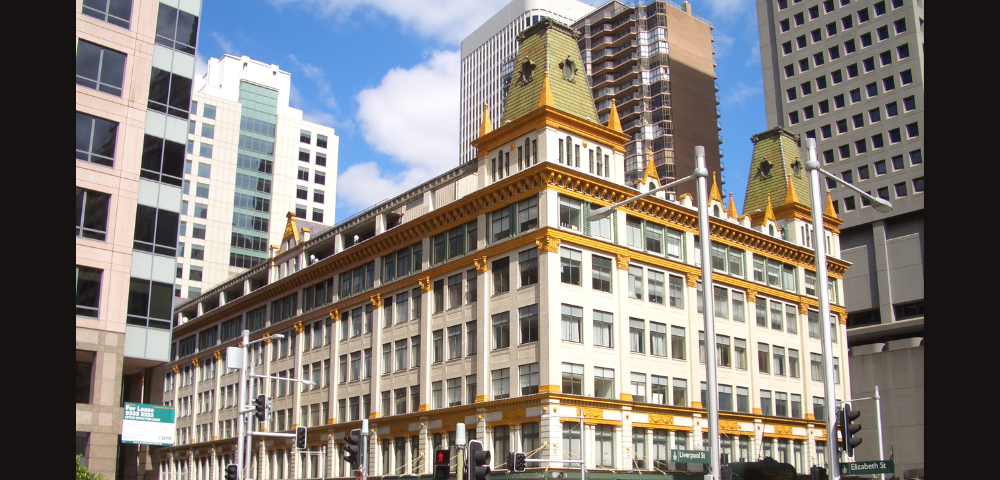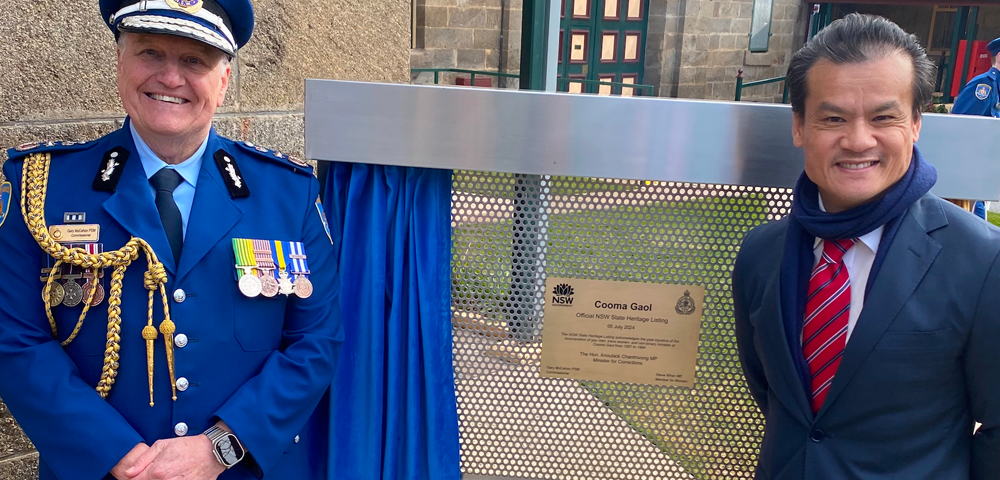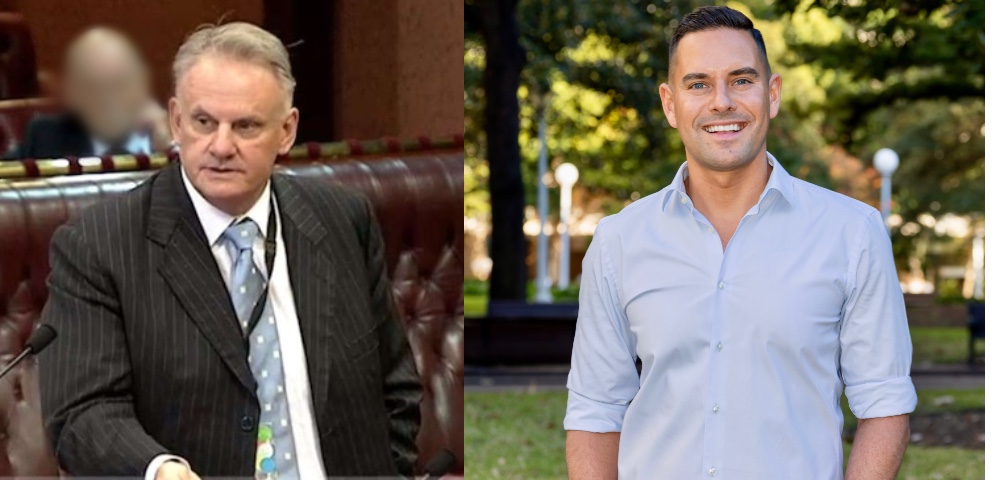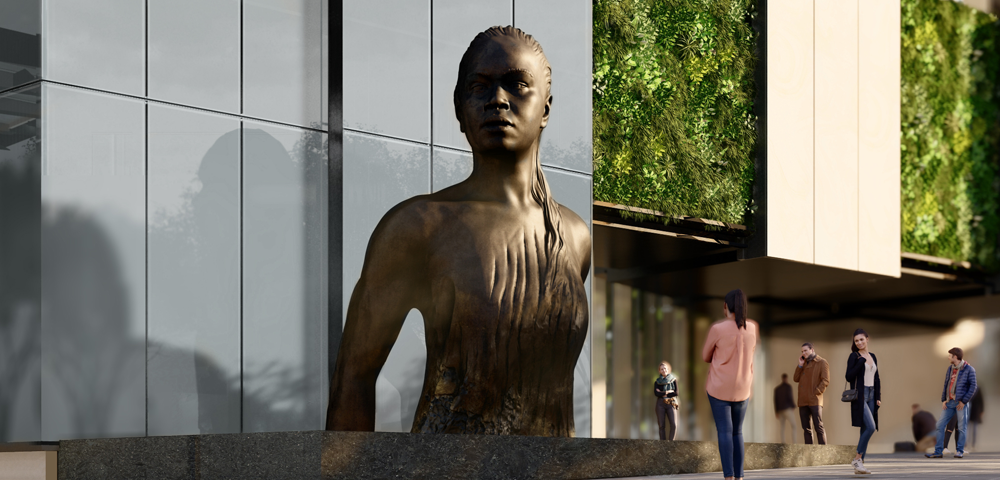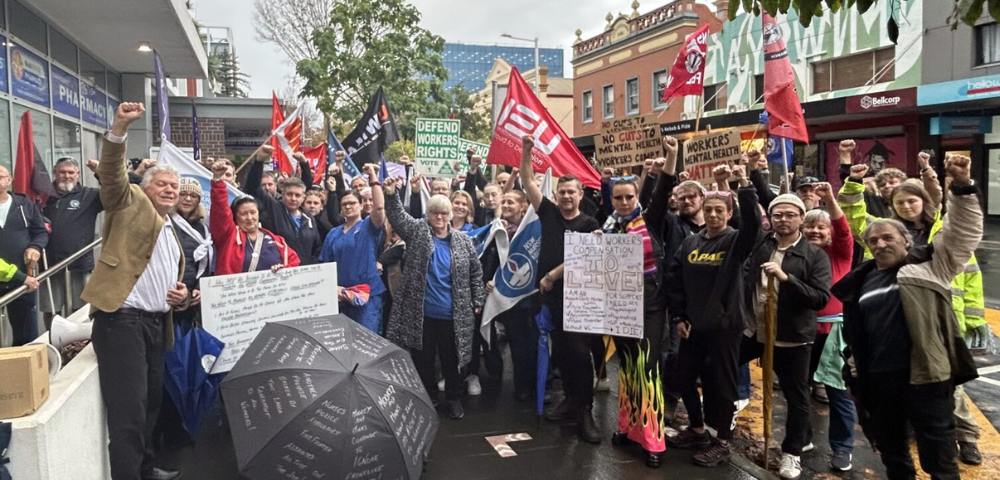
Electoral commission slammed for neglecting disabled
BY FLINT DUXFIELD
Disability rights groups have slammed the NSW Electoral Commission for failing to provide adequate support for people with disabilities in the local government elections.
The groups claim that a lack of disability-friendly voting technology and wheelchair accessible polling booths made it difficult for people with disabilities to vote on the day.
“Of the 176 local government areas, 30 don’t have any polling places that are accessible to people with disabilities, now that’s a disgrace,” said Ruth Robinson, Executive Officer of the Physical Disability Council of NSW. Ms Robinson said only one in five polling booths across the state were wheelchair accessible.
Mathew Bowden, CEO of People with Disabilities Australia, said that yesterday’s election showed Australia is lagging internationally when it comes to providing equal access to democracy. “Some developing countries such as India provide better access to the electoral process for people with disabilities than we have in Australia,” Mr Bowden said.
A spokesman for the Minister for Disability Services said the Minister is “a bit concerned” about the lack of accessible polling booths and would like to see greater accessibility for people with disabilities.
“The Electoral Commission is looking at this and we hope that they can rectify it for the next election which will be the State Election in 2011,” the spokesperson said.
The Australian Commissioner for Human Rights, Graeme Innes, also criticised the state Electoral Commission for being too slow to adopt new technology to assist people with disabilities. “I voted electronically in the last federal election and people in Victoria and the ACT have been doing so for five or six years, but NSW is well behind the pace” Mr Innes said.
The NSW Electoral Commission denied it is lagging behind the other states, claiming electronic voting is incompatible with NSW electoral legislation. Equal Access to Democracy Coordinator, Simon Waterhouse, said “the Legislation is very prescriptive, and any changes [to incorporate electronic voting] will require legislative change and additional funding from the government.”
According to Mr Waterhouse, the Electoral Commission has looked into ways of assisting voters with disabilities and is leading the way in introducing Braille ballot papers for the vision impaired.
But of the 100,000 people with vision impairment in NSW, only 52 used the Braille voting system in yesterday’s elections, and Mr Innes said Braille ballots don’t go far enough. “It’s not good enough because the majority of people who are blind or have low vision don’t read Braille, but would be able to use audio or large screen output,” he said.
Mr Waterhouse said vision impaired people who don’t read Braille were not at all disadvantaged as they could have a relative or election official assist them in completing their ballot paper.
But the Physical Disability Council of New South Wales criticised the assisted voting system, claiming it denies people with vision impairments the right to a confidential ballot. “Most democracies consider that the right to a secret ballot is central, and this is just another way that people with disabilities are discriminated against,” said Council President Anne-Mason Furmage.
Mrs Furmage, who has used a wheel chair for seven years, said she knows a number of people with disabilities who have considered not showing up to vote because of the difficulties involved. “I live in a place where there are eight people who use wheel chairs and I don’t know how some of them are going to get to a polling place because the only accessible polling place we have in our government area is about a half an hour roll from where we are.”
Sydney Lord Mayor Clover Moore, who visited several polling booths on election day, was also disappointed with the Electoral Commission’s efforts to assist less mobile voters. “It’s been a shambles, some booths ran out of ballot papers, there are people queueing for miles and many sites are very difficult to get to for people with disabilities,” Lord Mayor Moore said.

